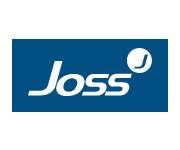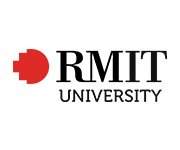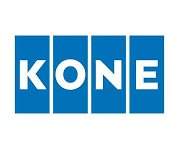Streamlining Sports Stadium Management: The Role of CMMS in Tackling Facility Management Chaos
In the dynamic realm of sports, stadiums serve as bustling hubs of activity, accommodating throngs of fans and athletes. Yet, managing these expansive venues behind the scenes can present formidable logistical hurdles. From coordinating maintenance schedules to overseeing equipment maintenance, facility managers confront a multitude of obstacles to maintain seamless operations. Thankfully, Computerised Maintenance Management Systems (CMMS) provide a holistic remedy to navigate this complexity and uphold stadiums' functionality akin to finely-tuned mechanisms.
- Proactive Maintenance Scheduling
One of the biggest challenges in stadium management is ensuring that all facilities are well-maintained to provide a seamless experience for fans and athletes. CMMS enables facility managers to schedule preventive maintenance tasks for everything from HVAC systems to lighting fixtures. By proactively addressing potential issues before they escalate, stadiums can avoid costly downtime and ensure optimal functionality during crucial events. - Asset Management
Stadiums are home to a vast array of assets, ranging from seating arrangements to turf surfaces. Keeping track of these assets and their maintenance histories can be a daunting task without proper organisation. CMMS provides a centralised database for asset management, allowing facility managers to easily track the lifecycle of each asset, schedule maintenance tasks, and monitor performance metrics. This streamlined approach ensures that assets are well-maintained and optimised for maximum longevity. - Inventory Management
From spare parts to cleaning supplies, stadiums require a wide range of inventory to support day-to-day operations. Without efficient inventory management systems in place, facility managers risk stockouts, overstocking, and unnecessary expenses. CMMS automates the inventory management process, enabling managers to track stock levels, generate purchase orders, and maintain optimal inventory levels. By ensuring that the right supplies are always on hand, stadiums can minimise downtime and keep operations running smoothly. - Ensuring compliance and safety is paramount in stadium management, with stringent regulations covering various aspects such as fire safety and adherence to many safety standards. CMMS aids facility managers in staying ahead of compliance requirements by offering tools to track inspections, condition assessments, maintain accurate records, and generate compliance reports. By consistently enforcing safety protocols, stadiums can mitigate risks and foster a secure environment for fans, athletes, and staff.
- Streamlined Communication
Effective communication is essential for coordinating the myriad of tasks involved in stadium management. CMMS facilitates communication between maintenance teams, management, and external vendors by providing centralised communication channels and real-time updates. Whether scheduling maintenance tasks or addressing urgent issues, CMMS ensures that all stakeholders are kept informed and aligned towards common goals. - Data-Driven Decision Making
In the digital age, data has become a powerful tool for driving strategic decision-making. CMMS collects and analyses data on asset performance, maintenance history, and operational metrics, providing valuable insights into stadium operations. By leveraging this data, facility managers can identify trends, pinpoint areas for improvement, and make informed decisions to optimise efficiency and performance. - Mobile Accessibility
In the fast-paced world of stadium management, flexibility is key. CMMS offers mobile accessibility, allowing managers to access critical information and perform tasks on the go. Whether conducting inspections from the stadium floor or responding to maintenance requests from afar, mobile CMMS empowers managers to stay connected and productive, regardless of their location.
In conclusion, managing a sports stadium presents a unique set of challenges that require a comprehensive approach to facility management. CMMS offers a powerful solution to streamline operations, enhance efficiency, and ensure the seamless functioning of stadium facilities.
By leveraging the capabilities of CMMS, facility managers can tackle the chaos of stadium management head-on and create an unbeaten experience for fans and athletes alike.














